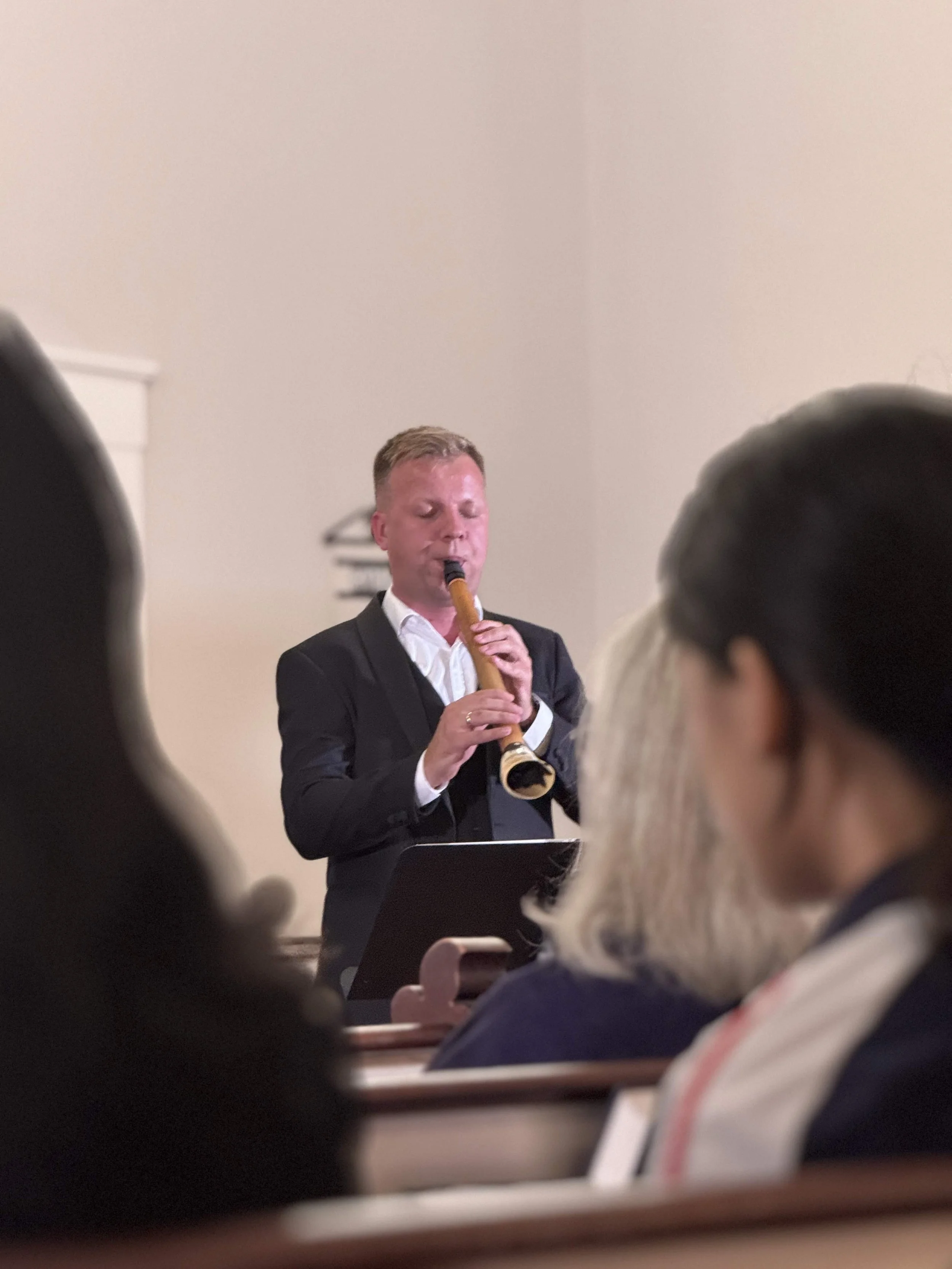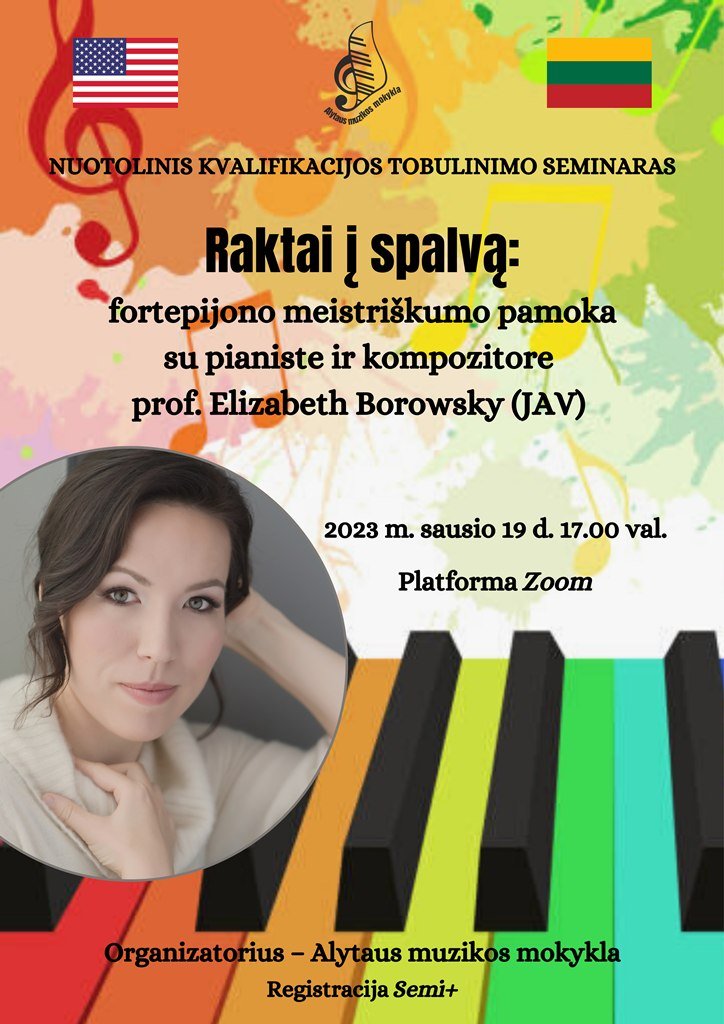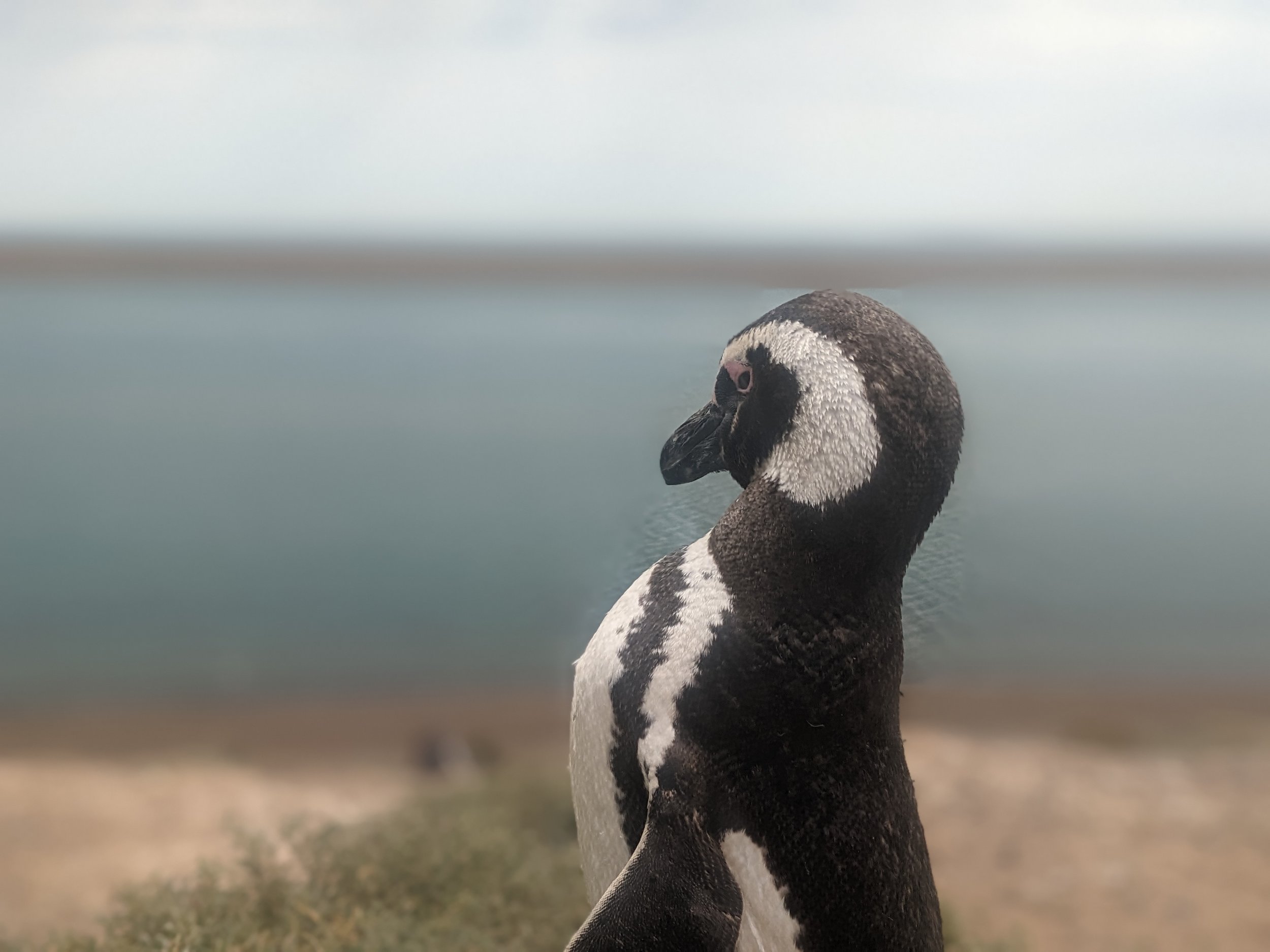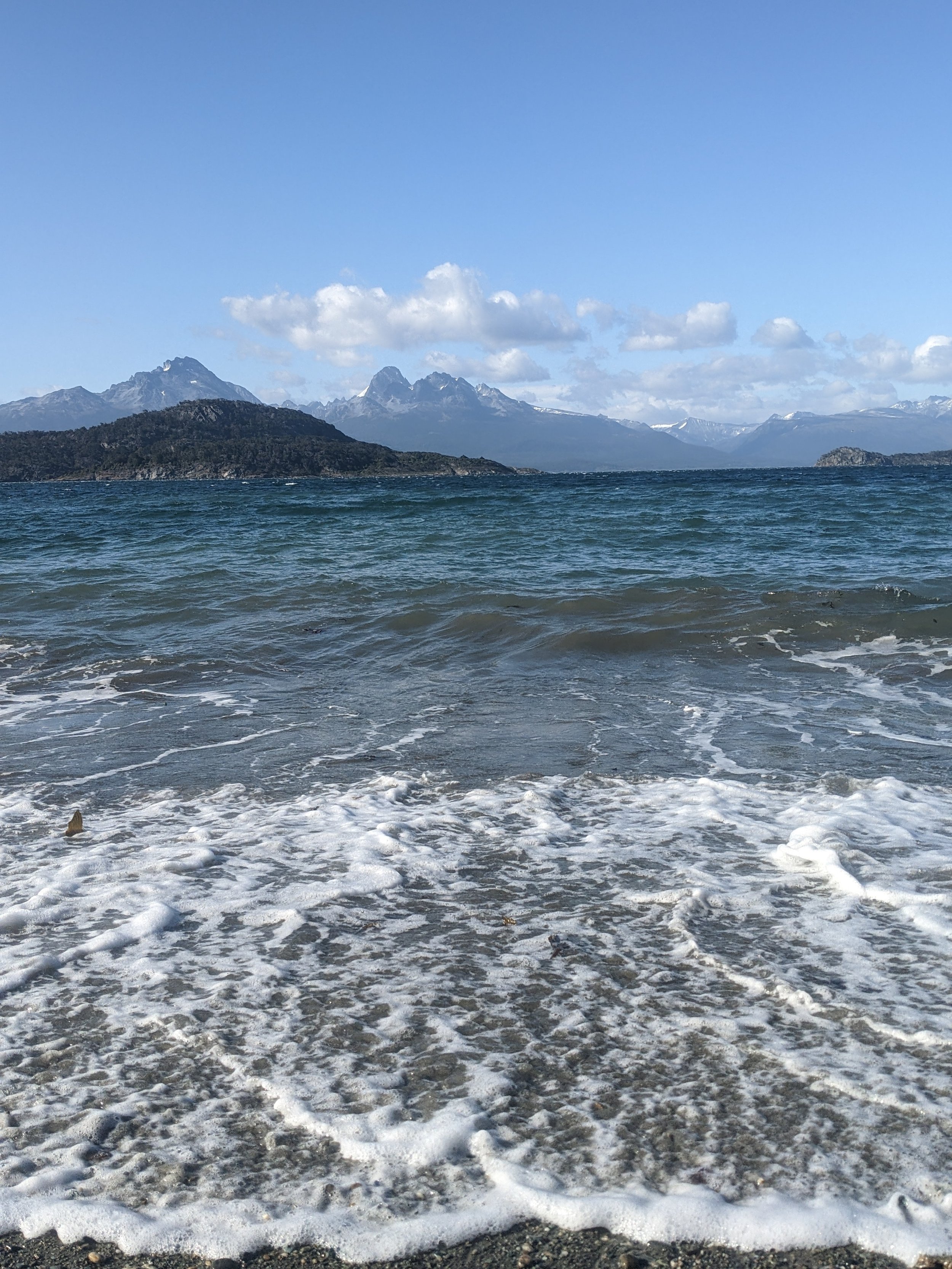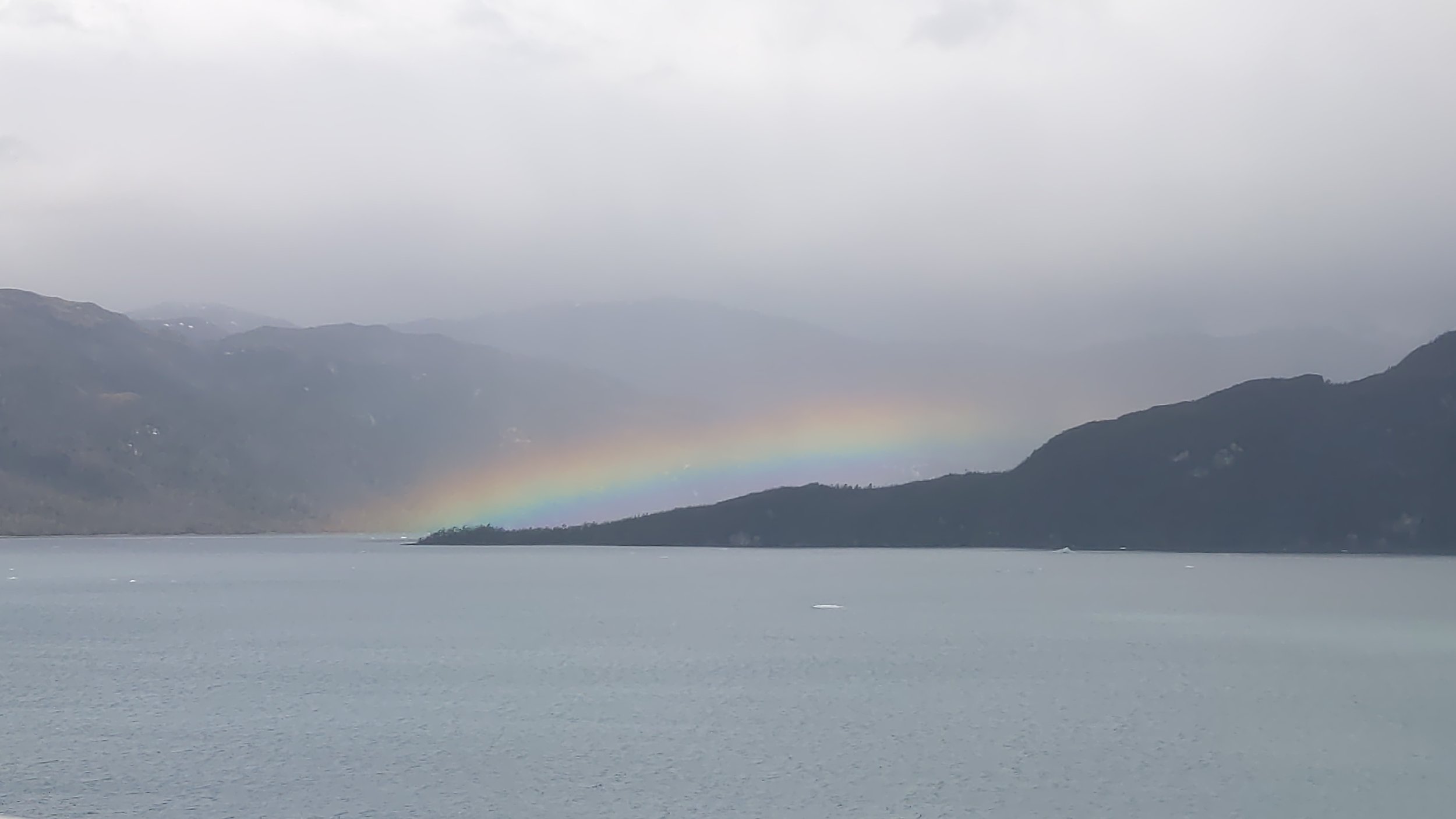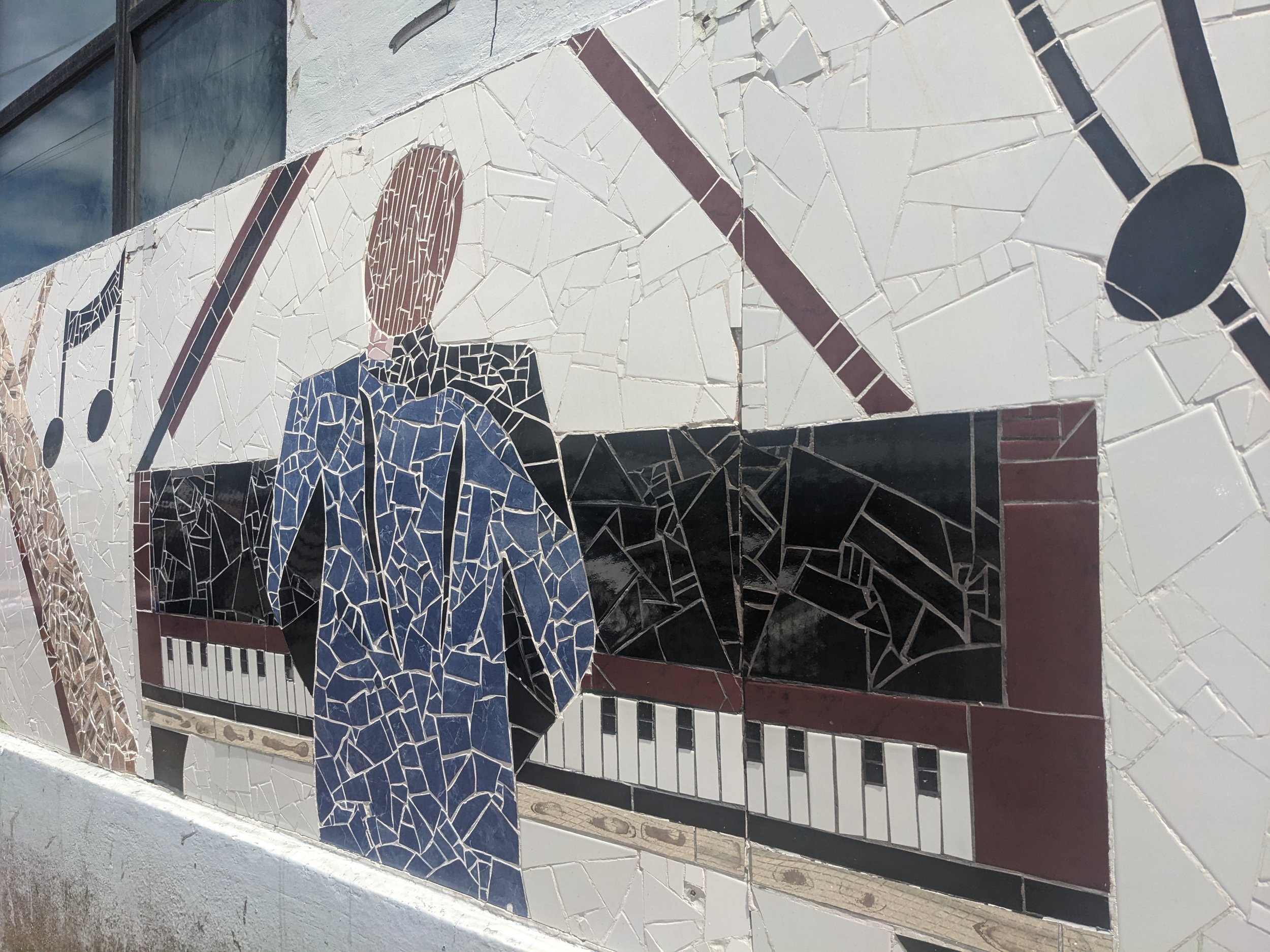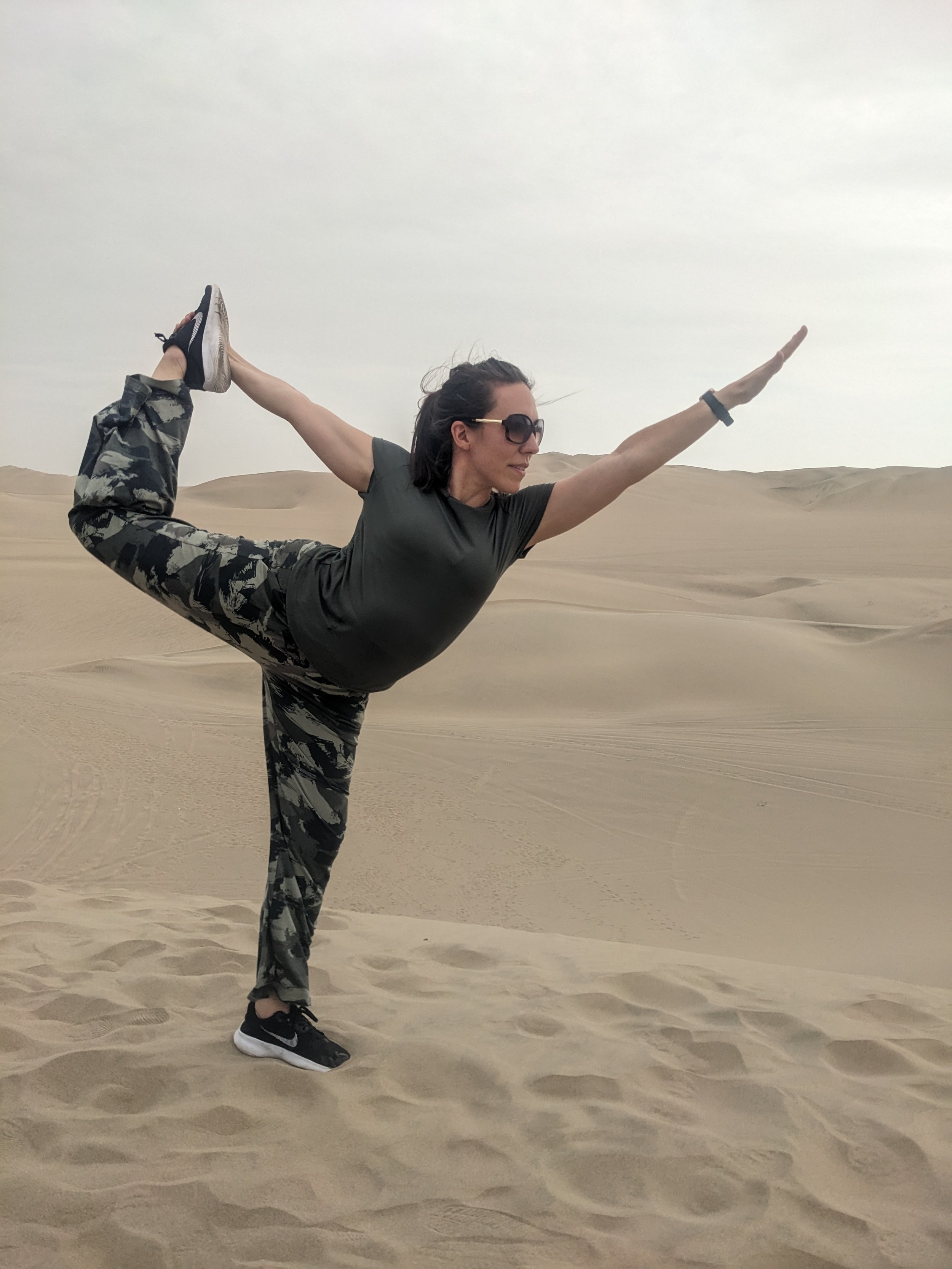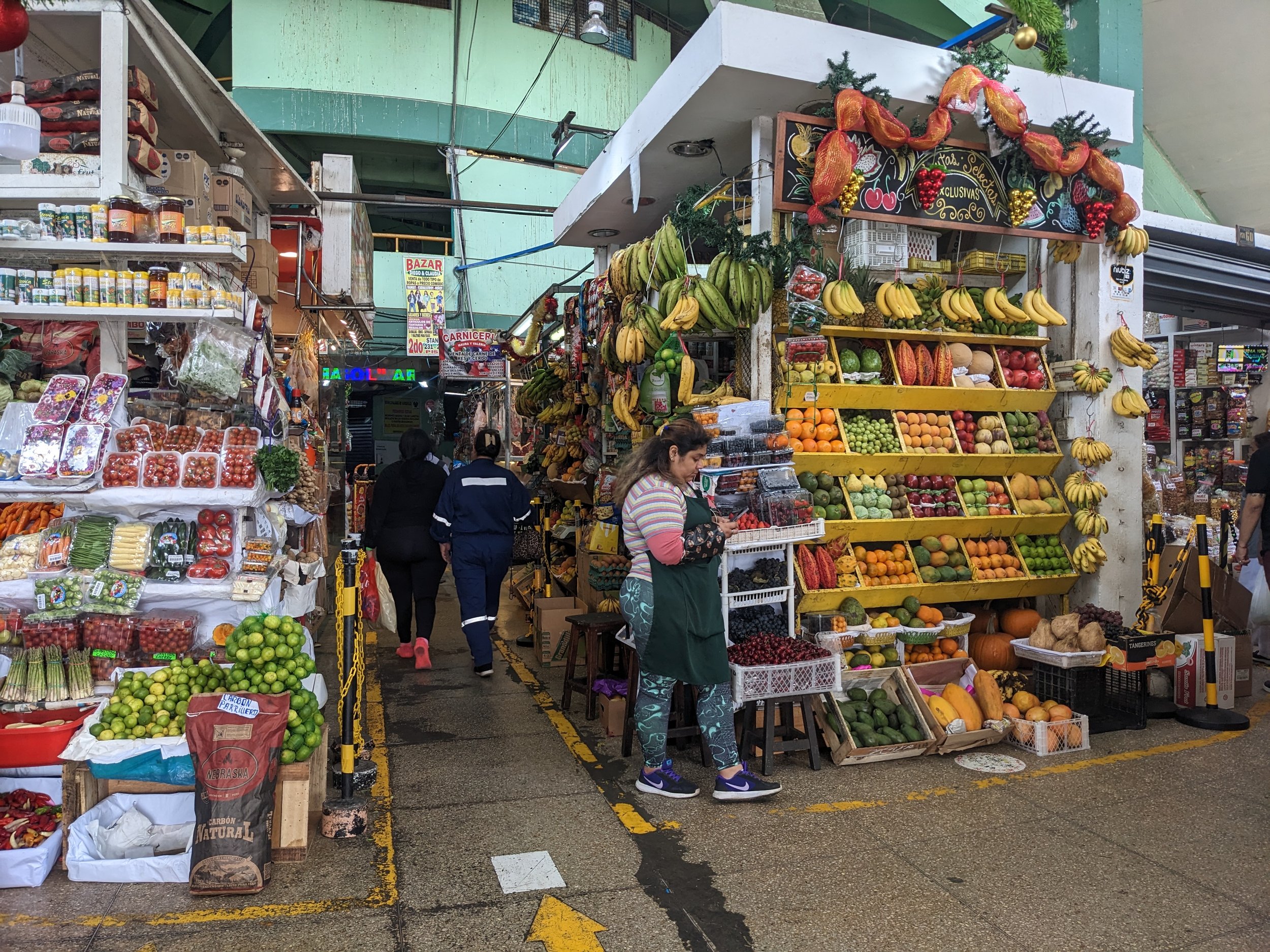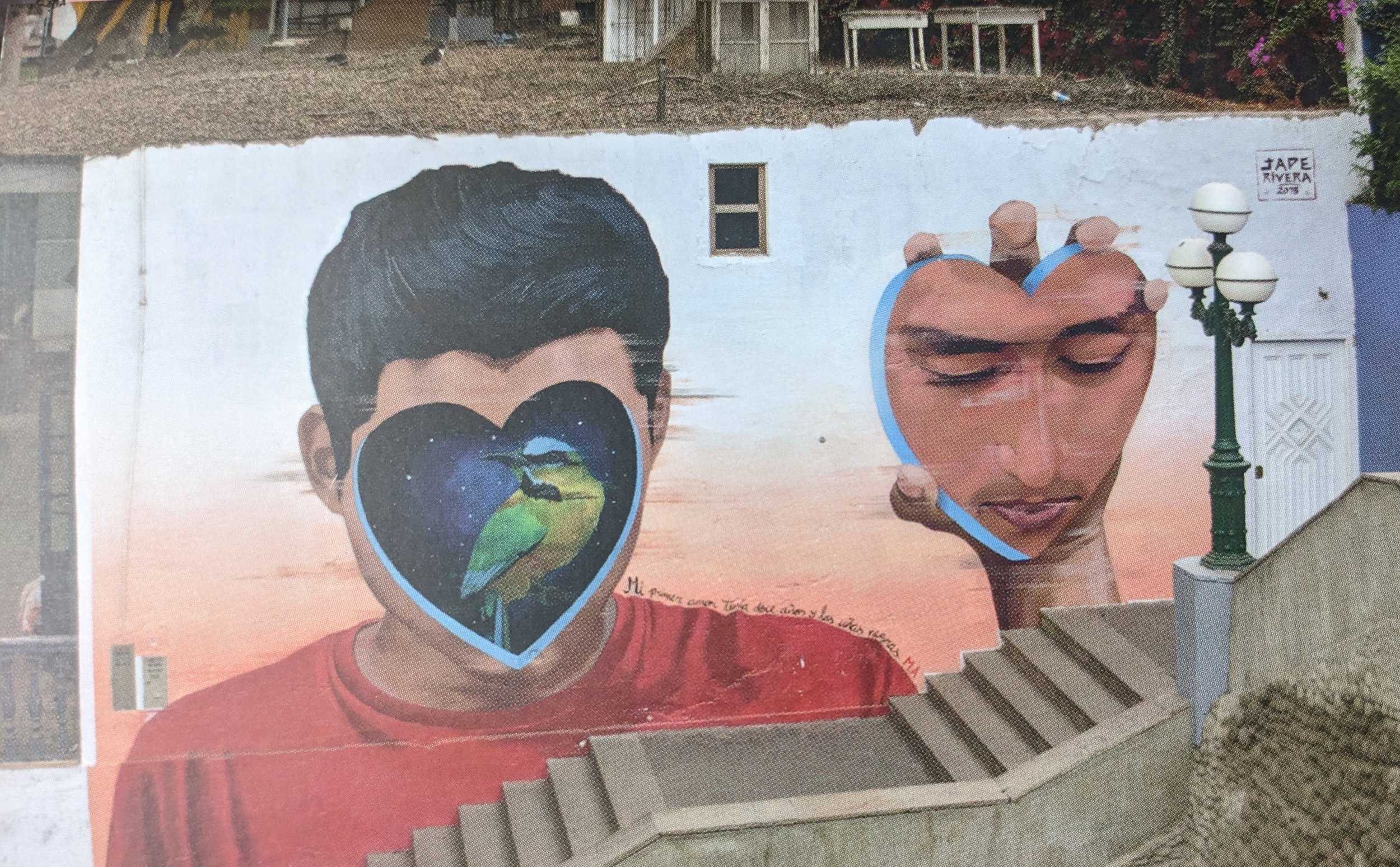
Elizabeth Borowsky Writes
Inhale Life, Exhale Music
Finding Inner Harmony: Music Through My Breast Cancer Journey
It has been a while since my last post — and in that time, life has written a chapter I never could have imagined. In December 2024, I was diagnosed with breast cancer. Those words rearranged everything I thought I knew about myself: as a musician, a teacher, and a human being.
It has been a while since my last post — and in that time, life has written a chapter I never could have imagined. In December 2024, I was diagnosed with breast cancer. Those words rearranged everything I thought I knew about myself: as a musician, a teacher, and a human being.
In the first days and weeks, I felt an overwhelming mix of fear, disbelief, and determination. I kept thinking, How do I keep playing when I don’t even recognize the rhythm of my own life anymore? But somewhere between the appointments, the treatments, and the quiet moments at the piano, I began to rediscover music in an entirely new way.
Playing — even for a few minutes a day — became a kind of meditation. Each note reminded me that I was still here, still creating sound, still part of something larger than my diagnosis.
This became the seed of Inner Harmony, a project I co-created with mindfulness teacher Jesika Harmon. It merges my original piano music with spoken meditations — reflections that grew out of my experience learning to live, heal, and create through uncertainty. The album became not only a work of art, but also a reminder that music is not just what we perform, but what sustains us.
Through it all, teaching remained my constant source of light. I often call it “Vitamin M”. My students gave me purpose and perspective, and reminded me daily that teaching isn’t only about piano. It’s about discovery, creativity, and connection. It’s inherently positive — a reminder that even in the hardest times, there is joy in learning, and beauty in sharing it.
I’ll be posting more reflections in the coming weeks — about what this journey has taught me about performance, resilience, and the power of sound to heal from the inside out. My hope is that these stories will offer a bit of encouragement to anyone facing their own difficult passages, both on and off the stage.
Because as I’ve learned: even when life changes key, the music goes on.
Roots and Branches
... our final concert of the tour is now up on YouTube!
The instrument he plays, the "birbyne," is specific to Lithuania. Audiences described the sound as varying from saxophone to oboe, wood flute, and trumpet. Vytautas is a phenomenal musician and as beautiful as the instrument can be, it's his musical soul that pours into and out of the instrument.
In case you missed my collaboration with the fabulous Lithuanian soloist Vytautas Kiminius earlier this Fall... our final concert of the tour is now up on YouTube!
The instrument he plays, the "birbyne," is specific to Lithuania. Audiences described the sound as varying from saxophone to oboe, wood flute, and trumpet. Vytautas is a phenomenal musician and as beautiful as the instrument can be, it's his musical soul that pours into and out of the instrument.
The link is to the whole concert, which includes music by classical and Lithuanian composers. At the end of the program we're joined by my Mom (Cecylia Barczyk) for Ernest Bloch's "Prayer" and then, for the final selection, my brother (Emmanuel A. Borowsky) for "Jerusalem of Lithuania."
Here is the entire program from our concert at Dickinson College. If you have to pick just one piece, check out Bartok’s Romanian Dances (second video).
Anonymous Coffeehouse Playlist
A belated thank you to all who came out to support my performance at The Anonymous Coffeehouse in Lebanon, NH!
Many of you asked for the sheet music as well as the playlist. Here you go! …
A belated thank you to all who came out to support my performance at The Anonymous Coffeehouse in Lebanon, NH!
Many of you asked for the sheet music as well as the playlist. Here you go!
Get the Sheet Music for my Anon Coffeehouse playlist here:
Northern Lights (not yet available)
Watch and listen to my performance here:
Want the unedited version of this event?
The above is the edited, music-only version for your listening pleasure. For the version which includes my verbal introductions to the selections, please see videos on https://www.youtube.com/@chadfiner-musicintheuppervalley
My Anonymous Coffeehouse Debut
…When I reached out to the director of The Anonymous Coffeehouse to ask if he might consider me as a solo pianist for the series, his initial response was something along the lines of, "You're a wonderful musician and please don't take this the wrong way... but we don't really do classical music here." My response was, "But I'm not asking to play classical music...!" …
I'm primarily known as a classical pianist and composer: teaching 35-40 students each week at my studio, serving as Vice President of Classicopia and Executive Director of the Intermuse Festival, having served as New Hampshire Music Teachers Association Commissioned Composer, and performing frequently as soloist or with other musicians.
However, next Friday, November 8, I'm doing something different.
When I reached out to the director of The Anonymous Coffeehouse to ask if he might consider me as a solo pianist for the series, his initial response was something along the lines of, "You're a wonderful musician and please don't take this the wrong way... but we don't really do classical music here." My response was, "But I'm not asking to play classical music...!"
My experiences over the past 9 years living in the Upper Valley have really encouraged me to explore playing and writing various styles and bridge the gap between genres (and their audiences).
Among my goals for any student I take on are to support them in music and life, help them be the best pianist they can be (and develop the skills to become independent of having a teacher), and inspire them to understand and appreciate music in a variety of styles. Another personal goal is inspired by how many times over the years audience members have said something like, "I used to take piano but I quit as a teen and always regretted it" - I hope to help students stay on with piano through the end of high school. I'm sure that has been a lofty goal for at any given point in history, but these days (and in my area, with students saddled with a ton of academic work and involved in a variety of extracurricular activities) it almost seems impossible. That said, this past spring three of my students graduated from high school -- two of them had been in my studio since I moved here in 2015. Amongst my current students are several that I started working with when they were in pre-K through 2nd grade and are now in grades 7-12. I hope to see through their high school graduation.
My students inspire me, challenge me, and keep my views relevant: I've gotten to see how they see the world, and of course, they introduce me to their favorite music. We primarily study classical music (the program is customized to each student!) but as I explain to them, it's a deep dive into melody, harmony, and rhythm that will allow them to take on any challenge in music and beyond. And I've worked hard to keep their interest despite piano being a complex and complicated musical machine but having zero digital interface.
I grew up in a musical family and living an unsual childhood: tight-knit musical family, homeschooled, performed at Carnegie Hall at age 17, and had toured 25 countries by the time I was 18, Many of the tours were under the motto "music the best bridge among people" - an expression my Dad (a sociologist and political scientist whose work focused on the youth movements of the 60s) came up with. In retrospect, I see it as his optimistic hope (and desire to create a self-fulfilling prophecy) that we really can/could make a difference through music.
Teaching and performing have taught me that music isn't a cure-all but it does have some actual, true, and amazing powers, and ironically, perhaps more recently (when challenged with digital and information overstimulation and scary news from so many directions) than even 15 or 20 years ago. Audiences have shared the effects a recital has had on them, and students and parents have shared their reflections on weekly lessons not only contributing to personal/musical growth but also a nearly-indescribable emotional outlet.
In terms of the music I write, I wish I could cure all the world's maladies through beautiful melodies and harmonies, but if I can just distract you from them a little and maybe open up your heart...
I attended a violin/piano recital at Norwich Congregational just last night and afterwards, while I was in line to congratulatie the performers, a woman came up to me and said, "You are my hero." I was convinced she had me confused for someone else (certainly not the performers because I was in casual clothes and looked nothing like them). But she started telling me that she recognized me as the composer of the pieces her daughter has been playing (my friend and colleague in Hanover has assigned some of my music to her students) and wanted to thank me - "Your music has gotten my daughter, and my family, through some really difficult times."
Especially post-election... I know we WILL need music, even if just to calm nerves after the last few weeks (months? years?) of turmoil. There's a lot going on in this crazy world - wars, natural disasters, and tons of personal struggles. I believe that music played with the intention of healing can truly do just that. That's my intention. And if folks just get to relax and enjoy a night out within a community of music lovers, that's still a win.
The selections that I'll be sharing at The Anonymous Coffeehouse are pieces that were all written in Lebanon over these past few years, and were all composed for my piano students. For several years I wrote a piece for each student's birthday, and customized the music according to styles I know they like. These now are known as 100 Solos for Piano Prodigies (yes, there are 100+ pieces!).
Although these works are solo piano pieces without lyrics, I hope that their melodies and harmonies will resonate with the audience and create an enchanting musical experience.
Join me: Friday, November 8 at 7:30 at The Anonymous Coffeehouse in Lebanon, NH.
2>1 (Pianos)
… When I first opened my own private studio, I was simply happy to have a piano and a teaching space, and didn't really have plans for an additional piano. But, twelve years ago, when I was invited to perform Mozart's Concerto No. 10 (for 2 Pianos) with one of my teen students, I needed a second piano and decided to add it to my studio. …
As a child, I took lessons with a wonderful pianist who had a home studio with two grand pianos.
I didn't realize what a luxury this was, or what a financial commitment my teacher must have made to make this possible, but I certainly reaped the benefits of this setup. From her doubling my part to reinforce my timing or phrasing, to her playing the orchestra part of concertos, this early collaborative experience of sorts certainly influenced me.
When I first opened my own private studio, I was simply happy to have a piano and a teaching space, and didn't really have plans for an additional piano. But, twelve years ago, when I was invited to perform Mozart's Concerto No. 10 (for 2 Pianos) with one of my teen students, I needed a second piano and decided to add it to my studio.
Although I hadn't previously felt like I needed a second piano, once I had it I started using it and little by little it became an essential part of the lesson experience. From efficient back-and-forth without having the student scoot over/stand up, to ear-training (e.g. call and response), semi-private lessons (one student per piano), and challenging students to make appropriate adjustments between two very different instruments (thus simulating the challenge we have every time we play an instrument new to us!), it has been put to use each and every day.
Some years ago a friend gave me a copy of Edvard Grieg's take on Mozart's Sonata K545. I had it in my library for over a decade before I gave it a try, and when I played it with a student, I was shocked! HOW COOL to see what new life he added to this piece "just" by adding on a second piano part! (In the spirit of the Bach-Gounod "Ave Maria").
This gave me the courage to start "duetifying" the music of my students!
For elementary students, it's a sneaky way of getting them to put in a few repetitions, while we dig into alignment, dynamics, articulations, and character. I may offer up that I'll improvise three different accompaniment styles, and they have to tell me what I changed and which they liked best (e.g. playing my part high, low, legato, staccato, with a variety of beat subdivisions or accompaniment patterns, changes of harmony). We work on the skill of playing together (e.g. breathing and moving to help us start together). And sometimes, this is just a "prize" after having learned a piece really well ("let's duetify it and record it for your Mom!")
Although this is something I do most for elementary/intermediate students, even with advanced students, it has proven useful - as it encourages students to hear their music in a new light and context. I can gently shape their timing, tone, and phrasing in a way that is often far more efficient than talking about it. Once they feel it, they hear it, and once they hear it they are able to understand it and implement it into their solo performance.
I do realize that having two instruments is a luxury, and I'm grateful to be able to have this in my studio. In my case, I have a grand and an upright. An electric piano as a second instrument would prove very useful as well (in some ways, I could see it offering up even more creative exercises!).
Over & out!
Masterclass & Workshop for Lithuanian Pianists
Thank you to the wonderful Alytus School of Music (Lithuania) for the wonderful opportunity to provide a workshop for over 50 teachers around the country, and work with three very talented young pianists!
Check out this wonderful write-up …
Thank you to the wonderful Alytus School of Music (Lithuania) for the wonderful opportunity to provide a workshop for over 50 teachers around the country, and work with three very talented young pianists!
Check out this wonderful write-up (note: Google will translate it to English, or your language of choice): https://www.alytus.lt/lt/naujienos/alytaus-muzikos-mokykla-nutiese-tiltus-uz-atlanto-vandenyno
Journey to South America, Part III
… Here are some reflections from the last leg of our journey:
The Gift of Music: My father is the only one in the family who isn’t a professional musician, yet he rivals us in the number of performances he gives per year. He isn’t a performer by profession (his background is political science and sociology), but he is most definitely a performer. He always speaks about music as a gift to share with others, and he especially likes making this gift a surprise. …
The end of December was intended to be a total break from all things work. My parents and I were looking forward to quality time together to close out the year while enjoying exploring a new part of the world.
The three of us were passengers on a relatively large ship (over 2000 guests plus crew)... but simply three in a crowd of folks from around the world.
But if I have learned anything from travels, if you are open to the world and people around you, the experiences and connections that you could never have planned for will find you!
Here are some reflections from the last leg of our journey:
The Gift of Music: My father is the only one in the family who isn’t a professional musician, yet he rivals us in the number of performances he gives per year. He isn’t a performer by profession (his background is political science and sociology), but he is most definitely a performer. He always speaks about music as a gift to share with others, and he especially likes making this gift a surprise. It’s convenient that his instrument of choice is the harmonica, and for travels, he has one that fits into the pocket of his vest. I might not think of waiting in long lines to get on/off the ship, traveling on a 50-passenger bus, or negotiating with the owner of a store as performance opportunities… but he did! He always has a set of songs from around the world to share, and it never fails to make people smile. It also reminds me that music is meant to be shared, given, communicated, and experienced together.
During a conversation with the maitre’d at “Versailles” restaurant, my Dad mentioned that I’m a professional pianist, as he looked at the piano sitting quietly on a platform in the center of the room. It apparently took a little pulling of strings, but they agreed for me to “share some music.” From my experiences playing in such settings (e.g. wedding receptions), I knew that it would be most appreciated if I selected music that is relatively even-keeled, classic, and pleasant. Mozarts Sonata K545 and Beethoven’s Fur Elise are perfect (just don’t get too loud or dramatic!). I also know that it’s not always evident if people are listening, and that’s perfectly okay! But at the end of the hour, I stood up to an overwhelming ovation and a request for an encore (which I enjoyed pulling out all the stops for!).
And then I was asked by the maitre’d: would you come back and play for us on Christmas?
Over the next couple days, I wrote out a long list of holiday music from around the world that I knew, and did my best to “mentally practice” the arrangements (no piano available to practice on). I thought about the servers who we had met: many from other countries, and found music that would be familiar to them.
On December 25, 7pm sharp, I started playing. It was so special to see moments of recognition from various groups spread out throughout, responding to carols from France, Italy, Poland, or Germany… and my Dad joined me for several of these on the harmonica!
I left a couple surprises for the very end. The majority of the dining staff were from the Philippines and I had found two well-known Filipino tunes to share as a special musical gift to them. I wasn’t quite sure what to expect (and was hoping that the ones I picked were indeed ones that they would recognize!). I started playing the first one, and noticed that the hall became a bit quieter. A server walked towards me, and I saw tears rolling down his cheeks. The second piece is a lively dance, and as I reached the chorus, and entire CHOIR of voices surrounded me as the servers sang along (in Tagalo!). I’m sure anyone there who wasn’t Filipino was quite confused as to what this song is, and what was happening, but this will go down as one of my favorite moments in music, ever! Truly, this reminded me that music has the power to bring the world a little closer, and help us find “home” wherever we are.
(At the end of the evening, the maitre’d came over: “Can you please come back to play for New Year’s Eve?” (I did)).
The Higher the Hair, the Closer to Heaven…
I think my last haircut before my December departure was in early July. Needless to say, when an opportunity presented itself for a mid-trip haircut I happily signed up.
I suppose that some people are very particular about who maintains their hair and may not feel comfortable signing up for a haircut in a foreign country, but I’ve done it a few times and enjoy making it part of the travel experience (and a temporary souvenir!). At any rate, if it was too short or I otherwise didn’t like it, it would eventually grow out.
Just like piano lessons, haircuts are often as much about the human relationship as the intended service. Perhaps even more so: I often equate them with the opportunity to exchange stories and ideas.I have had many enjoyable and enriching conversations during cuts, but this one set a record. Suffice it to say, this was the first time I ever asked if I could start taking notes during the conversation!
Rich Lee was my stylist and originally hails from the Philippines. He asked what I do, I asked him about his career and how he made it to where he is, and suddenly… we were traveling down the rabbit hole of philosophy!
Here are my notes from the conversation (copied and pasted directly from my phone!):
Don't look at others and say, "I wish I could do that." Just do it!
Your goal in life is to spread love
Have the courage to be happy, and, know what makes you happy!
Remind yourself: I deserve peace of mind.
Everything happens for a reason, and every person has an impact on you.
Trust your instinct... it's powerful!
Accept. Embrace. Forgive. Move on.
You are never in the same place. The world is round... it is spinning.
In every situation there is a lesson. Enjoy the process.
If there is a problem today, fix it today. Otherwise it gets bigger and tomorrow you will have to address it still alongside tomorrow's problems
Be thankful, and take time to reflect on blessings (including small ones!)
Pray for guidance in actions; pray for wisdom in conversations
The greatest capital you can have is a dream
You can't copy authenticity
Somehow, we started talking about mindset for performances, and especially, competitions. This is Rich’s advice to YOU:
Do you best, enjoy the moment, go into it with a clean heart...
Don't do it because you want to prove yourself.
If you don't enjoy the process you won't enjoy the prize.
Fear is okay: it means you have the eagerness to learn! The more you're scared, and the more you are challenged, the more you'll learn!
Travel Souvenirs
When it comes to souvenirs, I don’t like to bring home “stuff.” Maybe it’s because my parents always did, and then on Saturday mornings we’d clean the house as a family… and dusting all the little trinkets got old really fast!. These days, I enjoy “collecting” experiences and ideas, photos, composing music based on my experiences (definitely thinking about some music based off this trip), and food!
My favorite take-home food from the trip is the Argentinian empanada. Here are a couple recipes that I have tried that do a good job recreating some of the best empanadas I had (at a little estancia in San Antonio, Argentina):
https://www.bonappetit.com/recipe/argentinian-beef-empanadas (I use this for the filling; I also tried it with vegan “beef” and it worked perfectly!)
https://tastesbetterfromscratch.com/empanadas/ (I use this for the crust, but you can also use store-bought pie dough)
Conclusion
Over the last (almost) four decades, I have traveled a lot: 40 countries across 5 continents. Ironically, the more you travel, the larger the world becomes. In other words, when you think you’ve seen everything travels help you quickly realize that you haven’t even dipped your toes into the depths that this world has to offer! And though I am frequently on the road, I am constantly challenged to get out of my comfort zone in one way or another. And, that’s a good thing. It’s okay to be a “tourist” and to have to rely on the help and advice of locals. It’s okay to try new things, and be a complete beginner (and even “fail!”. Watching (or reading) the news will give you only a thin slice of the reality of a place, much less it’s people: go there and things are quite different. And strangers are friends we haven’t met yet!


